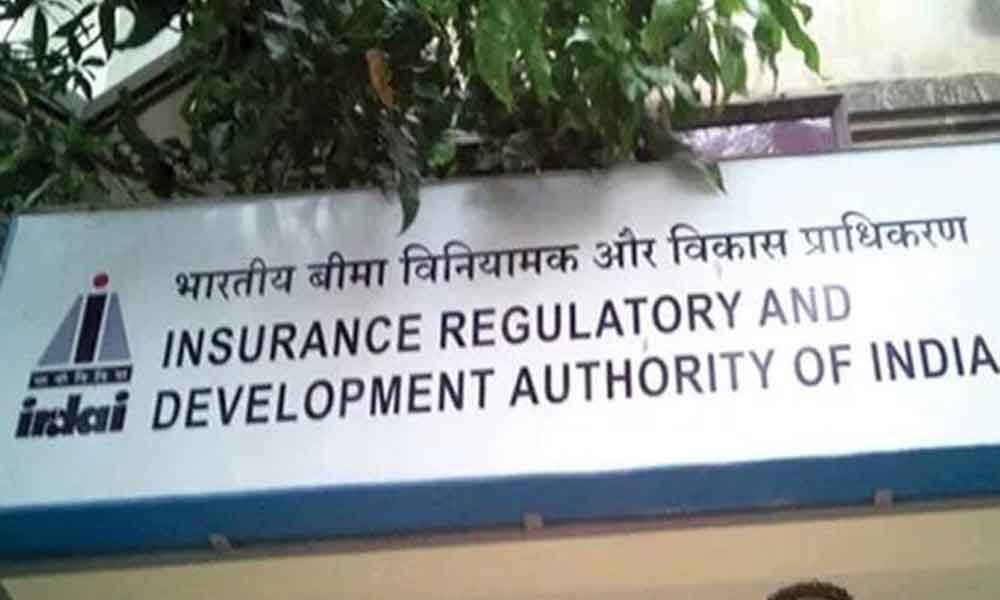Introduction
In a move that has caught the attention of the insurance and fintech sectors, the Insurance Regulatory and Development Authority of India (IRDAI) has imposed a ₹5 crore penalty on Policybazaar, one of India’s largest online insurance marketplaces.
The penalty comes after the regulator found the platform guilty of multiple violations, including biased product promotions and misleading marketing practices. The case highlights the increasing regulatory scrutiny on digital insurance intermediaries and the importance of transparency in financial product promotions.
Background on Policybazaar
Founded in 2008, Policybazaar has grown to become a household name in India’s insurance sector. The platform allows customers to compare policies across life, health, motor, and other insurance categories, offering a convenient, tech-enabled experience.
Its rapid growth, however, has also brought heightened regulatory oversight, as digital platforms play a growing role in shaping consumer choices in the insurance market.
Nature of the Violations
According to IRDAI’s findings, Policybazaar engaged in practices that violated industry regulations and consumer protection norms. The key allegations include:
- Biased Product Promotion
- The platform allegedly gave preferential visibility to certain insurers’ products over others.
- This bias could influence consumers’ choices, undermining the objectivity that an insurance marketplace is expected to maintain.
- Misleading Advertisements
- Some promotional materials and online ads reportedly contained claims that were not fully accurate or lacked adequate disclaimers.
- In certain cases, features were highlighted without adequately mentioning exclusions or limitations.
- Violation of Fair Practice Guidelines
- IRDAI’s regulations require intermediaries to provide clear, unbiased, and comprehensive information to customers.
- The findings suggest Policybazaar fell short of these requirements in multiple instances.
The ₹5 Crore Penalty — Why It’s Significant
While ₹5 crore may not heavily impact Policybazaar’s balance sheet given its size, the fine is symbolically and strategically important because:
- It signals zero tolerance for biased product rankings and misleading promotions.
- It serves as a warning to the entire insurance intermediary ecosystem — both offline agents and online aggregators.
- It could prompt major players to review their marketing and compliance frameworks.
Impact on Policybazaar
1. Reputational Risk
Trust is a core factor in financial services. A regulatory penalty can dent consumer confidence, even if the company takes corrective measures.
2. Operational Changes
To prevent future violations, Policybazaar may have to:
- Revamp product ranking algorithms.
- Strengthen compliance checks on advertisements.
- Increase transparency in displaying product comparisons.
3. Regulatory Scrutiny
The company will likely face closer monitoring from IRDAI in the near term, with stricter reporting requirements.
What IRDAI’s Action Means for the Industry
The penalty is part of a wider trend: regulators are becoming more vigilant about digital financial services. As more consumers rely on online platforms for insurance decisions, ensuring unbiased and accurate information is critical.
For the industry, this case sets a precedent — intermediaries must avoid practices that can be construed as favouring certain partners or misrepresenting product benefits.
Consumer Implications — How to Protect Yourself
While digital platforms offer convenience, consumers should take extra care to ensure they’re making fully informed decisions. Here’s how:
- Compare Multiple Sources
Don’t rely solely on one aggregator. Check the insurer’s official website and other platforms. - Read the Fine Print
Always look for exclusions, waiting periods, and coverage limits before buying. - Be Wary of ‘Too Good to Be True’ Claims
If a policy offers unusually high coverage for a low premium, investigate the terms. - Check IRDAI’s Website
The regulator publishes lists of registered insurers and approved products — a good reference point.
Possible Corrective Actions by Policybazaar
To regain public trust and comply with IRDAI’s expectations, Policybazaar might:
- Introduce Neutral Product Listings — Displaying unbiased rankings based solely on customer needs.
- Enhance Disclosure Practices — Clearer disclaimers in ads and product pages.
- Strengthen Internal Audits — Regular checks to ensure compliance with regulations.
- Increase Customer Education — Providing more content on how to select the right policy.
Expert Opinions
Industry experts have mixed views:
- Support for IRDAI’s Action: Many believe this move is necessary to ensure a level playing field and protect consumers.
- Concerns Over Over-Regulation: Some argue that excessive intervention could stifle innovation in the insurtech space.
Looking Ahead — The Bigger Picture
The incident is a reminder that trust and transparency are as crucial as technology and pricing in financial services. As digital insurance platforms evolve, regulatory compliance will remain a non-negotiable factor for sustainable growth.
We can expect:
- Stricter Guidelines for advertising and ranking algorithms.
- Higher Accountability for digital intermediaries.
- Increased Consumer Awareness about their rights.
Final Verdict
The ₹5 crore fine on Policybazaar is more than just a penalty — it’s a message to the entire insurance industry. Platforms must ensure they present information fairly, without bias, and with full transparency.
For consumers, this is a timely reminder to do their homework before purchasing insurance, even from well-known online platforms. The convenience of digital comparison tools is invaluable, but informed decision-making remains the ultimate safeguard.
Conclusion
The IRDAI’s action against Policybazaar underscores the delicate balance between business growth and consumer protection in the rapidly expanding digital insurance market. As competition intensifies, companies will have to build not just user-friendly interfaces but also trustworthy, regulation-compliant ecosystems.
In the end, both the industry and consumers stand to benefit from a marketplace where transparency is the norm and misleading practices are swiftly addressed.

